First Stepsyou can take.
- Cases & Gigbags • protect that ukulele from nicks and dings.
- Instrument Cables • a good instrument cable really does make a difference.
- Capos • open position chord in other keys.
- Electronic Tuners • Electronic tuners come in two varieties: LED and Strobe..
- Effects Pedals
- Recording Your Ukulele
- Music Notation & Digital Audio Workstation (DAW) Software
- Direct Boxes
- Pre Amps & Pickups
- Acoustic Amplifiers - These are amplifiers specifically optimize for acoustic instruments



Now What Do I Do With It?
- Start with this lesson: Getting Started with Ukulele—Introduction • first suggested lessons that ALL my private students and LearningUkulele.com—Learning Ukulele with Curt site members get. This lessons is the introduction the the series of lessons laying the foundation and establishing a common musical terminology for communication and future lesson material.
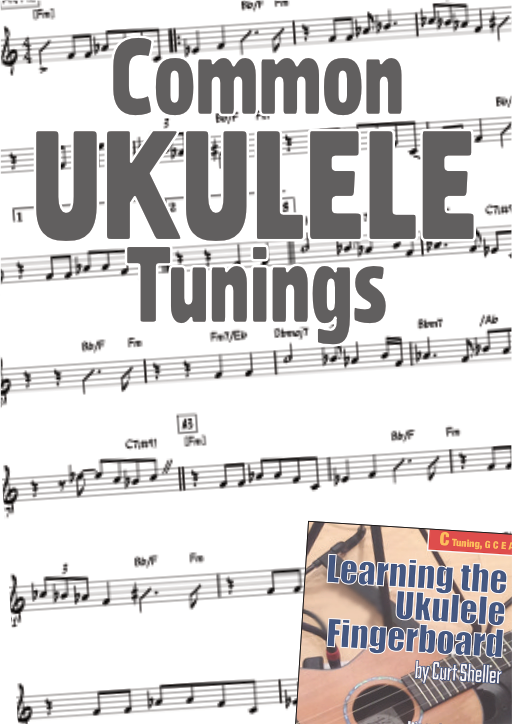
Any tuning is possible on a ukulele, as long as the ukulele’s construction supports it and a string is available.
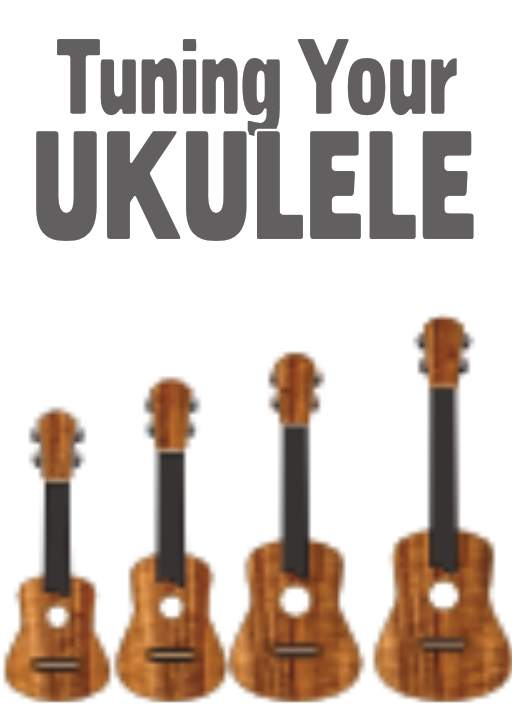
From tuning by ear to using an electronic tuner. The lesson goes over the various tuning methods for tuning your ukulele. You ALWAYS need to play in tune.
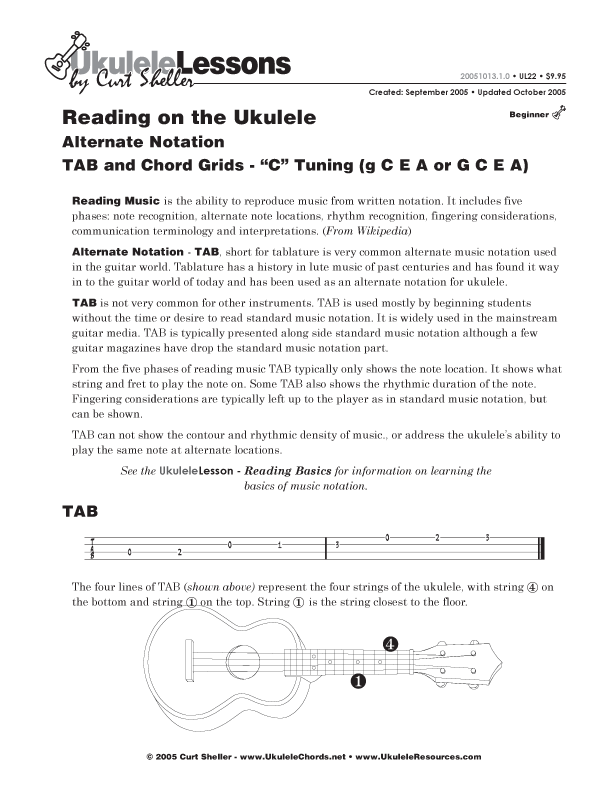
"TAB" or "Tablature", is an alternate form of musical notation, which tells players where to place their fingers on a particular instrument rather than which pitches to play. TAB is sort of a secret language between guitar players and ukulele players. Although a shortcut to getting started it actually serves to alienate one from the rest of the music world.
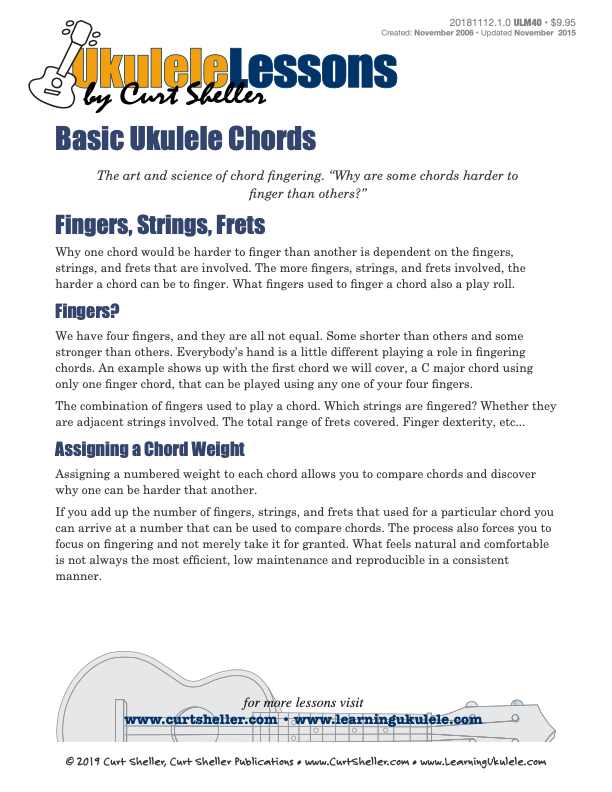
The art and science of chord fingering. Learning your basic open position chords in common keys. We have four fingers and there're all not equal. Some shorter then others and some stronger that others. Everybody's hand is a little different. This does play a role in fingering chords.
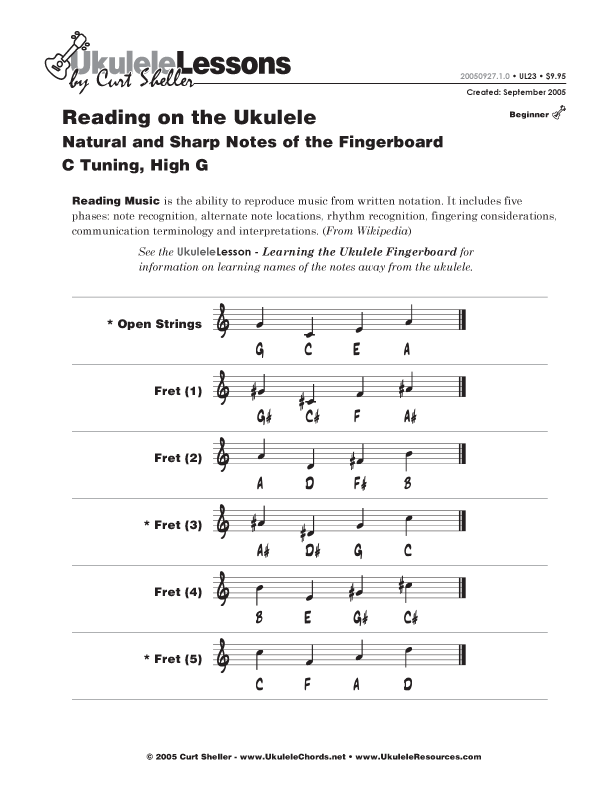
Standard music notation, the natural, sharp and flat notes of the ukulele fingerboard for C tuned ukuleles. Covers both high C and low G tuning variations.
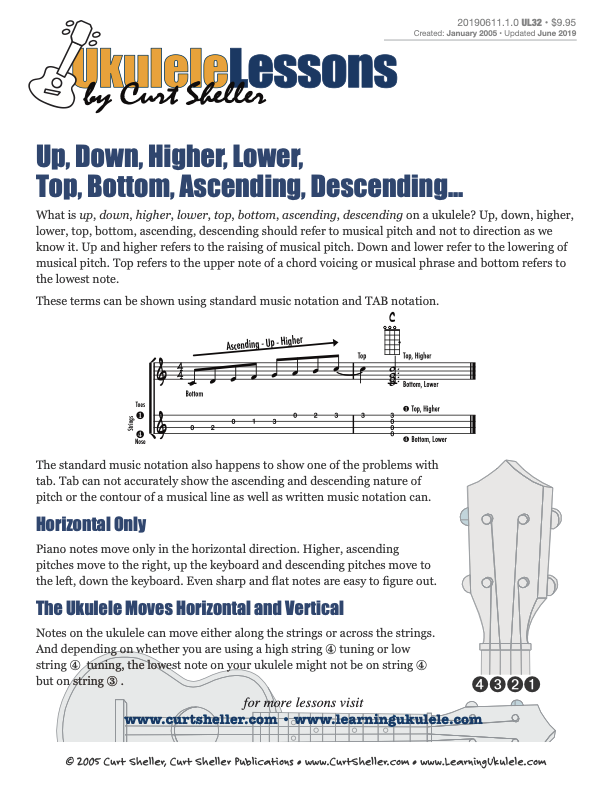
Just what is "Up, Down, Ascending, Descending, Higher, Lower, Top, Bottom" as related to music?
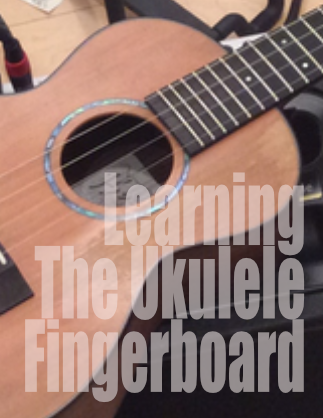
Most players struggle with learning the names of the notes of the ukulele fingerboard. There doesn't seem to a pattern and notes repeat. There is an easy way and "it's easier that you think." Most players know the names of the open strings for their favorite tuning.
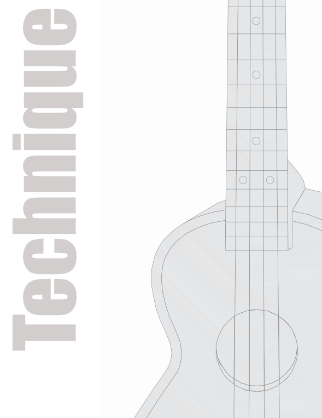
This lesson covers the common terms used for identifying the fingers used. And, presents a series of single string exercises for exploring and developing the techniques needed for this style.
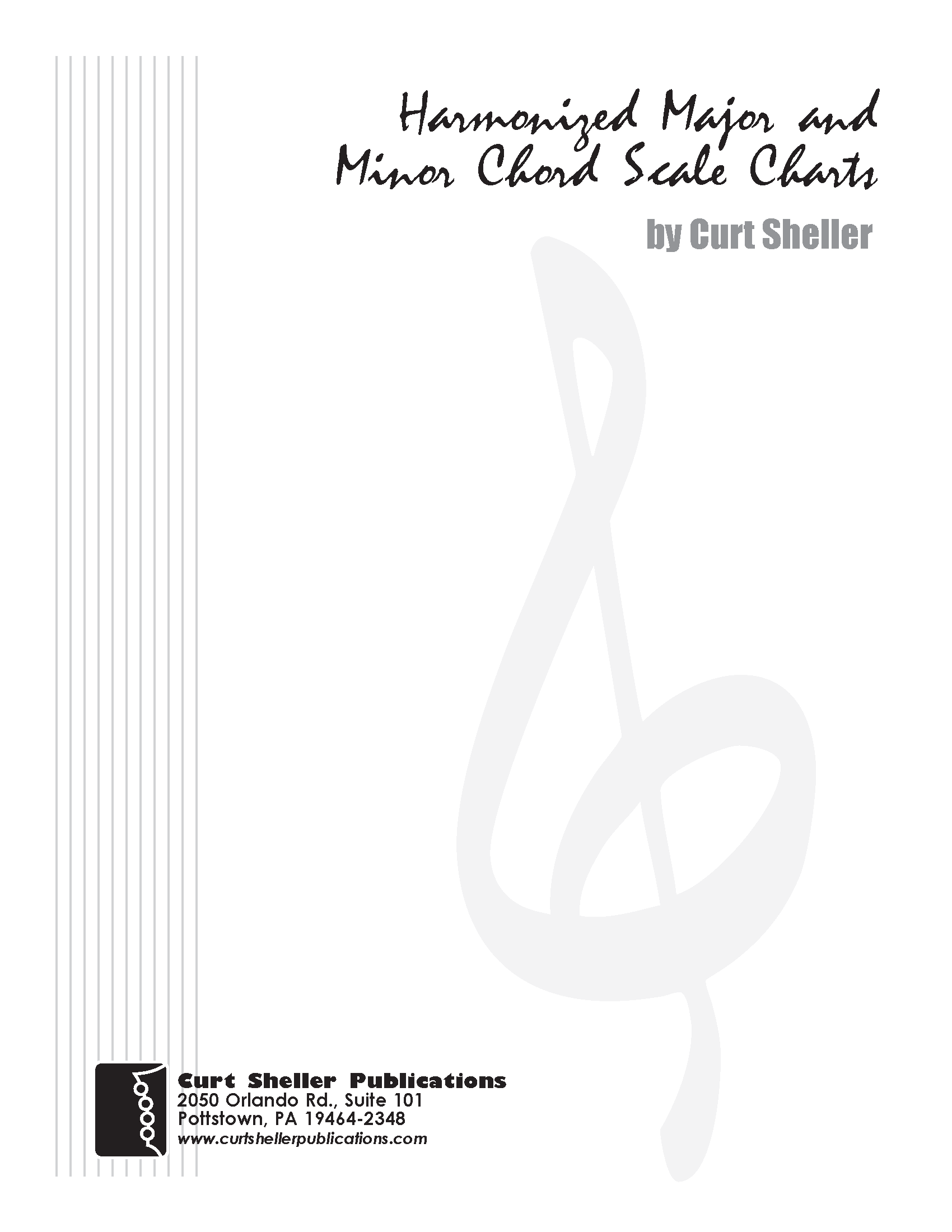
The "Major Scale" or Ionian scale is a diatonic scale, made up of seven distinct notes, plus an eighth which duplicates the first one octave higher. In solfege these notes correspond to the syllables Do, Re, Mi, Fa, Sol, La, Ti/Si, (Do), the Do in the parenthesis at the end being the octave of the root.
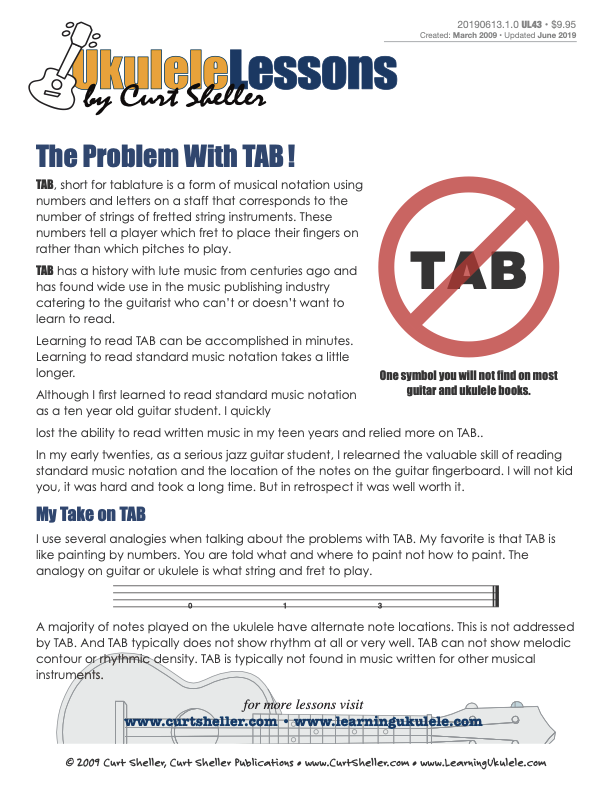
TAB, short for tablature is a form of musical notation using numbers and letters on a staff that that corresponds to the number of strings of fretted string instrument. Theses number tell a player which fret to place their fingers on the fingerboard. TAB has a history with lute music from centuries ago and has found wide use in the music publishing industry catering to the guitarist who can?t or doesn't want to learn to read.

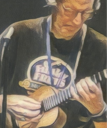
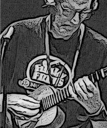
.jpg)